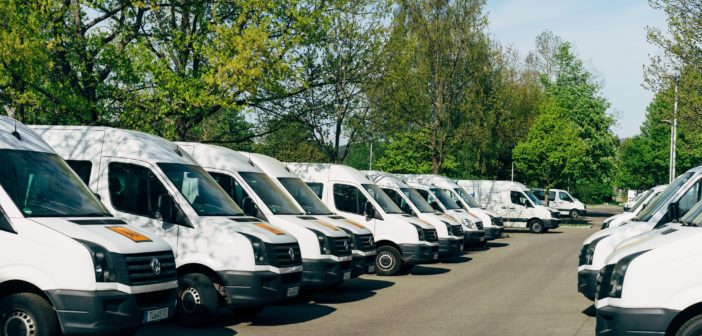Utilimarc published the results of a recent customer survey regarding the future of Electric Vehicle (EV) performance for large commercial fleets. The survey ran in March and went out to over 200 participants, receiving feedback from some of the biggest, most influential players in the Utilities sector, where EVs will have a significant impact.
Other focus points for the survey included:
- Fleet goals for electric vehicle implementation over the next 36 months
- Percentage of fleets that are electrified today
- Which make of EVs fleets would be looking to acquire
- Plans for charging these electric vehicles, whether it be charging stations at employees’ homes, company owned stations, or other options
“On the topic of electrification, there are so many unknowns in the market,” commented Utilimarc CEO Chris Shaffer. “It has been very compelling working with our customers to help understand what the impact will be from an environmental, financial and operational perspective as well as how we’ll be analyzing specific data inputs to understand KPIs and setting new industry benchmarks.”
Survey findings
When asked what key performance indicators (KPIs) would be considered with EV implementation, the majority of survey responses pointed to the reduction of CO2 emissions and financial savings due to fuel expenses and maintenance costs. Target goals for these KPIs were on average between 30 and 45% reduction in cost per mile, CO2 emissions, fuel savings, and maintenance costs.
All survey respondents anticipated at least some increase in EVs in their fleet in the next 3 years, with the average response being about 28%. Additionally, over 92% of respondents plan on prioritizing Class 1 and 2 vehicles in this change.
One participating utilities fleet responded, “We plan to convert 100% of light-duty fleet by 2030, 10% of medium-duty fleet by 2030, and 5% of heavy-duty fleet by 2030 Emissions Reduction.”
Some other compelling takeaways from the survey included the most sought after EV makes, as well as company plans for managing the charging of these vehicles once acquired. Some important points for commercial fleets to take into account include how they intend to maintain vehicle charge and the potential impact this could have on grid capacity. The survey found that 60% of fleets plan to have their employees charge these vehicles at their homes.
When it came to EV manufacturers, Ford was the leading response, with General Motors, not too far behind, along with Freightliner and Lordstown.
To see the results in-depth, you can see the full EV performance report here.
Image licensed by: Unsplash.com
Related News:

